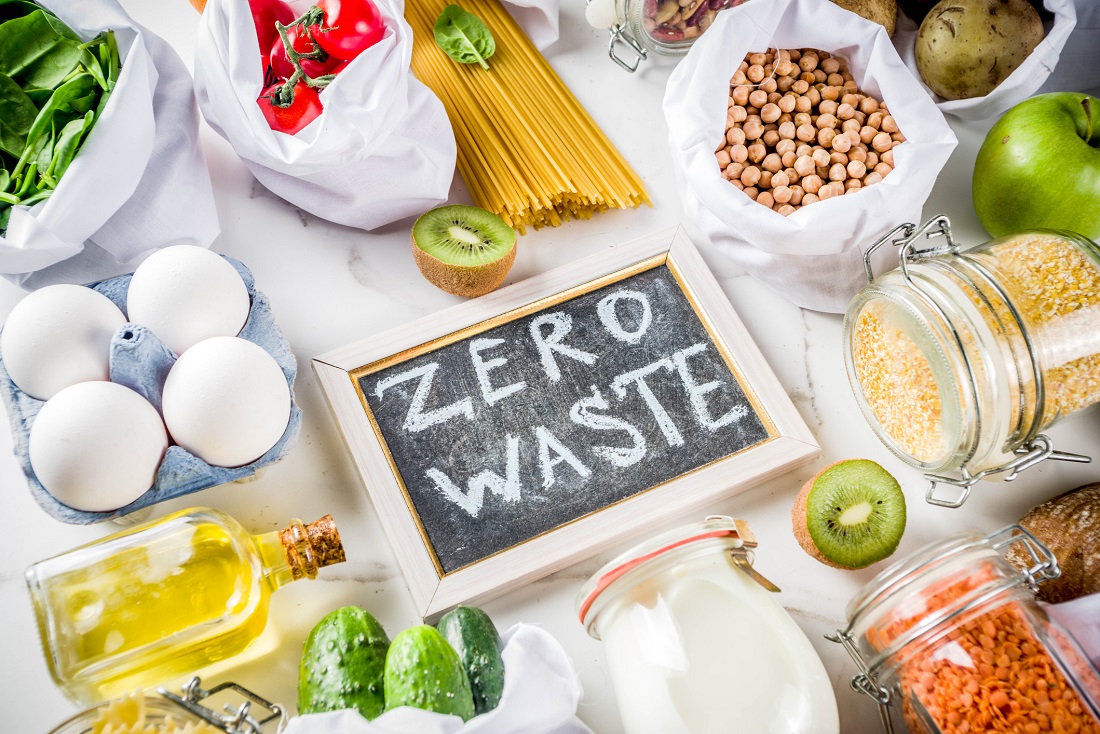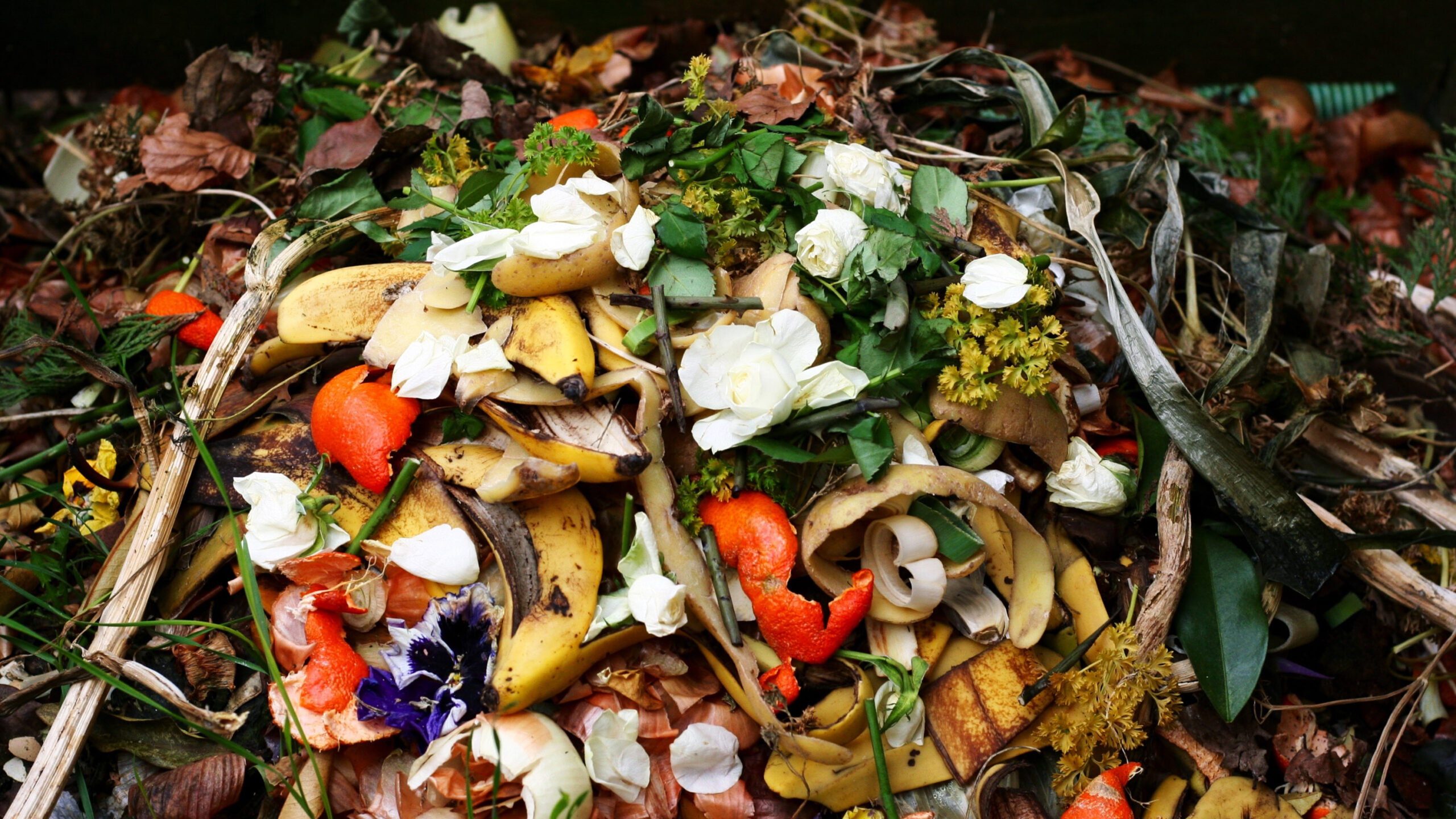Food waste is a major issue that affects the global economy, environment, and our society as a whole. According to the United Nations, around one-third of the world’s food is wasted every year, which amounts to around 1.3 billion tons of food. This waste has a devastating impact on the planet, contributing to greenhouse gas emissions, landfills, and loss of biodiversity. Furthermore, it is estimated that almost 690 million people go hungry every day, making food waste a pressing social issue as well. In this article, we will explore the causes and consequences of food waste, as well as strategies for fighting it.
Causes of Food Waste
 Food waste can occur at various points in the food supply chain, from production to consumption. Below you will find some of the primary causes of food waste:
Food waste can occur at various points in the food supply chain, from production to consumption. Below you will find some of the primary causes of food waste:
Overproduction: Farmers, manufacturers, and retailers often produce more food than they can sell, leading to surplus food that goes to waste.
Transportation and storage: Food may spoil or become damaged during transportation and storage due to poor infrastructure, lack of refrigeration, or inadequate packaging.
Aesthetic standards: Consumers may reject fruits and vegetables that are misshapen or have blemishes, leading to perfectly edible food being discarded.
Expiration dates: Consumers often throw away food that has passed its expiration date, even if it is still safe to eat.
Consequences of Food Waste
Food waste has a range of negative consequences for the environment, economy, and society:
Environmental impact: Food waste contributes to greenhouse gas emissions, since it decomposes in landfills and releases methane, a potent greenhouse gas. Moreover, food production requires vast amounts of resources, including water, land, and energy, which are wasted when food is thrown away.
Economic impact: Food waste represents a significant economic loss for farmers, manufacturers, and retailers, as well as for households that throw away food. Furthermore, it drives up the cost of food production, as farmers and manufacturers must account for the losses caused by food waste.
Social impact: Food waste exacerbates hunger and food insecurity, as it diverts food away from people who need it. Moreover, it is a wasteful use of resources in a world where so many people go hungry every day.
Fighting Food Waste

There are numerous strategies that can be employed to fight food waste at every stage of the supply chain. The following are some effective ways to reduce food waste:
Prevention: One of the most effective ways to reduce food waste is to prevent it from occurring in the first place. This can be achieved through several measures like better inventory management, reducing overproduction, and optimizing transportation and storage practices.
Redistribution: Surplus food that is still edible can be donated to food banks and other charitable organizations that serve those in need.
Recycling: Food waste can be recycled through processes such as composting and anaerobic digestion, which convert organic waste into useful products such as fertilizer and biogas.
Education and Awareness: Educating consumers about the impacts of food waste and providing them with tools and resources to reduce waste at home can help raise awareness and promote behavior change.
Technology: Innovations in technology such as data analytics, smart packaging, and tracking systems can help reduce food waste by improving supply chain efficiency and reducing spoilage.
Conclusion
Food waste is a complex issue that requires action at every level of the supply chain, from producers to consumers. Reducing food waste is not only essential for mitigating the environmental impact of food production, but it is also a critical step in reducing hunger and addressing social inequality. By wasting less food, we can save valuable resources, reduce greenhouse gas emissions, and alleviate the pressure on landfills.
Fortunately, there are many actions that individuals, businesses, and governments can take to combat food waste. At the individual level, we can reduce food waste by planning our meals, buying only what we need, and storing food properly. We can also support food recovery programs and donate excess food to local charities.
